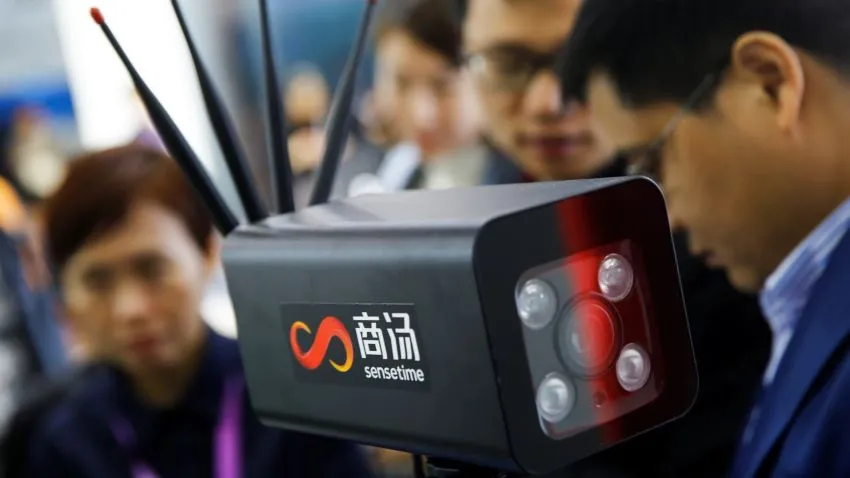
For manufacturing, the official purchasing managers’ index rose to 52.0 this month, according to data released by the National Bureau of Statistics on Tuesday. That’s up from a record low of 35.7 in February and above the 50 mark which signals improving conditions. The gauge covering services and construction was at 52.3.
While the rise indicates better sentiment at Chinese factories, output remains a long way from normal. The survey asks firms to state how business was compared to last month, so the data just show that Chinese companies think things have improved from the sharpest contraction since at least 2005, when the series began.
“The number above 50 doesn’t mean that economic activity is fully resumed,” Zhang Liqun, a researcher at China Logistics Information Center, which helps compile the data, said in a statement on its website. “We need to fully understand the unprecedented austerity and complexity, and should pay great attention to the virus shocks on production and demand.”
Chinese factories, which endured weeks of work suspensions in February after travel and trade stopped nationwide, are now facing canceled export orders as the pandemic hits the rest of the world.
“While manufacturing PMI rebounded rapidly in March, the survey showed companies still face relatively big operational pressures,” the NBS said in a statement, adding that more firms are reporting funding shortages and falling demand than in February. “The global virus spread will hit the world economy and trade seriously and bring new, severe challenges to the Chinese economy.”
A sub-index of new export orders rose to 46.4 in March, up from 28.7. A manufacturing employment indicator stood at 50.9, compared with 31.8 in February.
In the services and construction sectors, while the headline number rose above 50, much of the underlying activity was still in contraction, with employment at 47.7 and new export orders at 38.6. That indicates companies don’t want to hire before they can confirm there’s been a solid return of business activities, according to Iris Pang, Chief Greater China Economist at ING NV in Hong Kong.
“This won’t change overall policy stance,” according to Zhou Hao, an economist at Commerzbank AG. “I think the government is looking at the hard data to determine the policy steps, which is probably pointing to further economic headwinds and more policy support.”




















